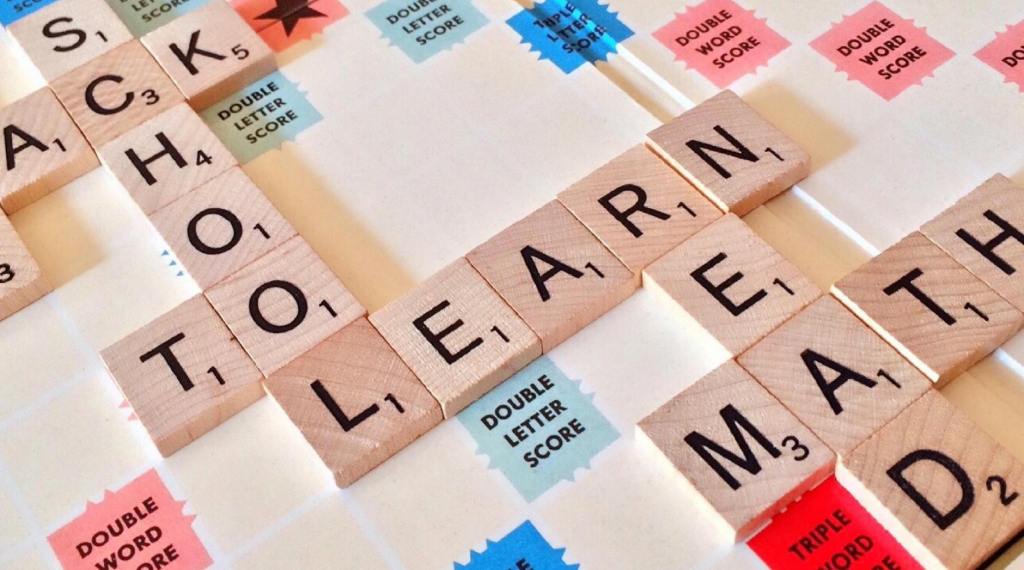I had an interesting conversation recently about using AI for report cards comments. As much as I’m in favour of teachers using AI to streamline some of the tasks – especially the time-consuming ones – I have serious reservations about about AI when it comes to report card comments. On the cautionary side, I don’t want to enter details about an individual student’s progress into ChatGPT, especially not with other personal information like their name and age. I also firmly believe that students (and their families) deserve a thoughtful, specific and personalised comment. Judgements about a student’s progress are too important to outsource to a tool that (a) doesn’t know anything about the student and (b) tends to hallucinate.
With two pretty compelling reasons not to use AI for report card comments, I couldn’t stop thinking about what approach could be helpful and appropriate. As I have often found in my experimenting with ChatGPT, writing prompts really forces me to think carefully about what I’m try to achieve and how I usually go about it. As I thought about writing report card comments, I realized that I do follow a formula:
I say something about the student’s participation/engagement in class, I comment on their most notable success or areas of growth in the term, and I conclude with a recommendation – one or two things they can do that are most likely to build on their progress. With my day-to-day interactions, I have plenty of anecdotal data for the first point; my gradebook has plenty of data to inform the second point; the process of addressing the first two points generally leads me to a recommendation.
All that to say, I can figure out what to say pretty quickly, it’s finding the words to say it clearly and constructively that can take the time. This is similar to the challenge of writing emails, which I wrote about here. I thought I could build on the email-writing prompt by using ChatGPT more like a sounding board to collect my observations from a student’s participation and their work and synthesize them into a comment. Here’s what I tried:
You are a grade <grade level> <subject> teacher. When you write report card comments, you provide specific information about each student’s engagement in class, progress in the topics covered in the term, notable achievements and/or areas of growth, and clear, actionable next-steps to guide students in making further progress. You always use a <describe your tone of voice; this prompt might help> tone. You are wholehearted and genuine in celebrating students’ successes while also be honest about issues, challenges and areas that need improvement. When they read your report card comments, students and their families are confident that they know how they are progressing towards the objectives of the course and have a clear sense of what they need to stop, start or continue doing in order to succeed. For example: “<insert one or more examples that you have written, ideally addressing a range of successes and areas for improvement>” Ask me questions one at a time about [student name] until you have enough information to write a 3-5 sentence comment about their progress in grade <grade level> <subject> this term. The comment must be similar to the example in tone, scope and style. You must ask me about the student’s preferred pronouns and be sure to use those as needed in the final written comment. Use “[student name]” instead of the student’s actual name. Ask me the first question.
By using “student name” instead of the student’s actual name, I’m keeping students’ personal identifiable information out of ChatGPT. It’ll take a bit of extra work on my end to change that to the student’s actual name when entering the comment into the reporting platform, but that’s a small price to pay to protect the student’s privacy. I also like that ChatGPT is not making claims about the students’ progress: I’m the one supplying specific details based on my observations and analysis of the student’s work and informed by my professional discretion. All ChatGPT is doing is synthesizing my notes into a coherent paragraph.
While I’ve tested this prompt a few times, I haven’t used it for actual report cards yet (I got the idea while the most recent set of report cards was being edited). Do let me know if you try it out, or if you have other ideas for how ChatGPT could streamline report card comments without compromising students’ privacy or the integrity of the comments.

Leave a comment